Lemon Vinegar Cleaner Gel: Clingy Citrus Scrub for Sparkling Surfaces

Ever tried a spray cleaner that just slides off your shower tile before making a dent in soap scum? Say hello to your new best friend: the lemon vinegar cleaner.
This easy DIY gel uses two pantry heroes, white vinegar and lemons, plus a dash of xanthan gum to create a clingy, citrus-packed scrub that gives grime zero chance of escape.
Ready to turn leftover peels into a cleaning treat?
Tools and Materials:
- 1 large glass jar (with tight-fitting lid)
- 3–4 organic lemons, scrubbed and cut into pieces
- 2 cups white vinegar (5% acidity)
- ¼–½ teaspoon xanthan gum
- Small saucepan
- Whisk or mini immersion blender
- Funnel
- Empty squeeze bottle or jar with wide mouth
- Optional: 1 tsp liquid Castile soap or Dish Soap
- Optional: 5–10 drops lemon or tea tree essential oil
Hometalk may receive a small affiliate commission from purchases made via Amazon links in this article but at no cost to you.
Step-by-Step: Making Your Lemon Vinegar Gel
1. Infuse Your Vinegar
- Pack lemon pieces into your glass jar and pour in 2 cups white vinegar.
- Seal and store in a cool, dark spot for 10–14 days, shaking gently every other day to coax out oils.
2. Warm the Infusion
- Strain the lemon-vinegar liquid into a small saucepan, discarding solids.
- Gently heat until just warm—do not boil.
3. Thicken with Xanthan Gum
- While whisking continuously (or using an immersion blender), sprinkle in ¼ teaspoon xanthan gum.
- Watch it thicken into a smooth gel; if it’s too runny after a minute, add another ⅛ teaspoon.
4. Boost the Effectiveness (Optional)
- Switch off the heat and stir in 1 teaspoon liquid Castile soap or Dawn dish soap for extra dirt-busting suds.
- Optional: Once slightly cooled, stir in 5–10 drops of lemon and tea tree oil for antimicrobial oomph and fresh scent.
5. Decant
- Pour your mixture into an old dish liquid squeeze bottle.
- Store at room temperature and use within 4–6 weeks.
Where to Use Your Gel
- Bath and Shower Walls & Doors: Apply liberally to soap-scummy tiles; let sit 5–10 minutes before scrubbing.
- Faucets & Fixtures: Squeeze under handles and around spouts to dissolve hard water spots.
- Grout Lines: Work into cracks with an old toothbrush, then rinse clean.
- Stainless Steel Sinks: Rub in a circular motion; rinse and buff with a microfiber cloth.
Why a Gel Works Better
- Cling Factor: Gel hugs vertical surfaces—showers, faucets, grout—so citric and acetic acids get time to dissolve mineral deposits and soap scum.
- Controlled Application: No drips or waste; you decide exactly where you need cleaning power.
- Satisfying Texture: Feels spa-like and indulgent, turning chore time into a mini self-care ritual.
Pro Tips & Variations
- Herbal Citrus Boost: Drop in a sprig of fresh rosemary or mint during infusion for a spa-fresh aroma.
- Baking Soda Scrub: Mix a spoonful of baking soda into the gel before scrubbing grout for gentle abrasion.
- Double-Citrus Punch: Swap half the lemons for orange or grapefruit peels to amplify grease-cutting oils.
- Spot Test First: Try on a hidden area of painted walls or delicate surfaces to ensure colorfastness.
Natural Lemon Vinegar Cleaner Gel That Crushes Grease
You’ve just whipped up a show-stopping lemon vinegar gel cleaner that clings, cleans, and smells like sunshine—no harsh chemicals required. Squeeze, scrub, and watch grime vanish.
Give it a whirl on your toughest spots, then swing back and share your before-and-after photos!
Enjoyed the project?
Comments
Join the conversation
-
 Deb162316039
on Jul 07, 2025
Deb162316039
on Jul 07, 2025
Hard water on glass shower
-
-
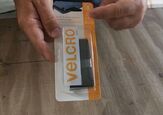
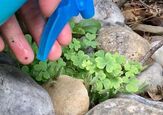















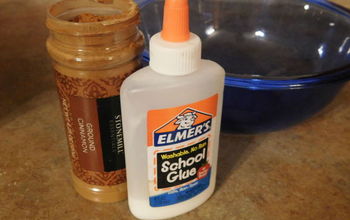



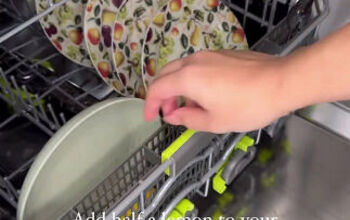
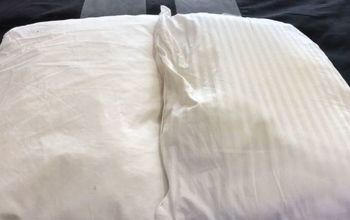
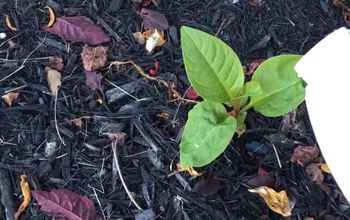
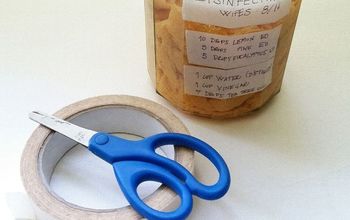
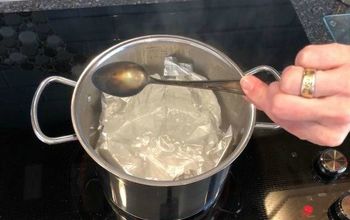
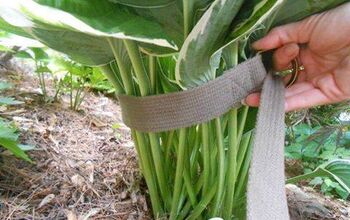


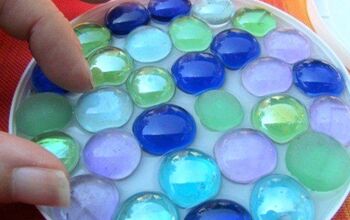
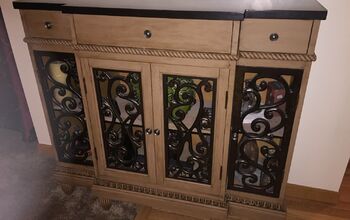

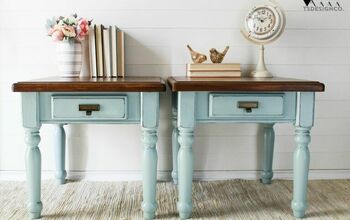


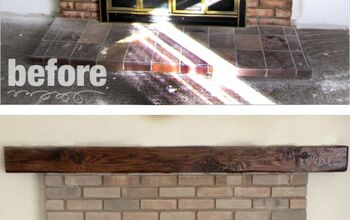
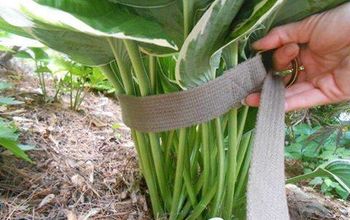
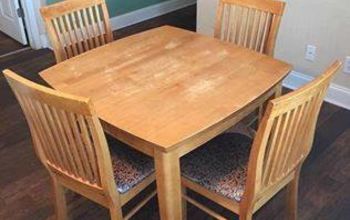
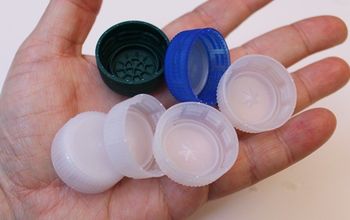
Frequently asked questions
Have a question about this project?
Do you use lemon pieces or just the peel?
I love to clean with vinegar! However, I read where you should never put xanthan gum down any drains because it can become very sticky and thick when exposed to water. Is this mixture completely safe for drains?